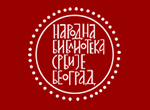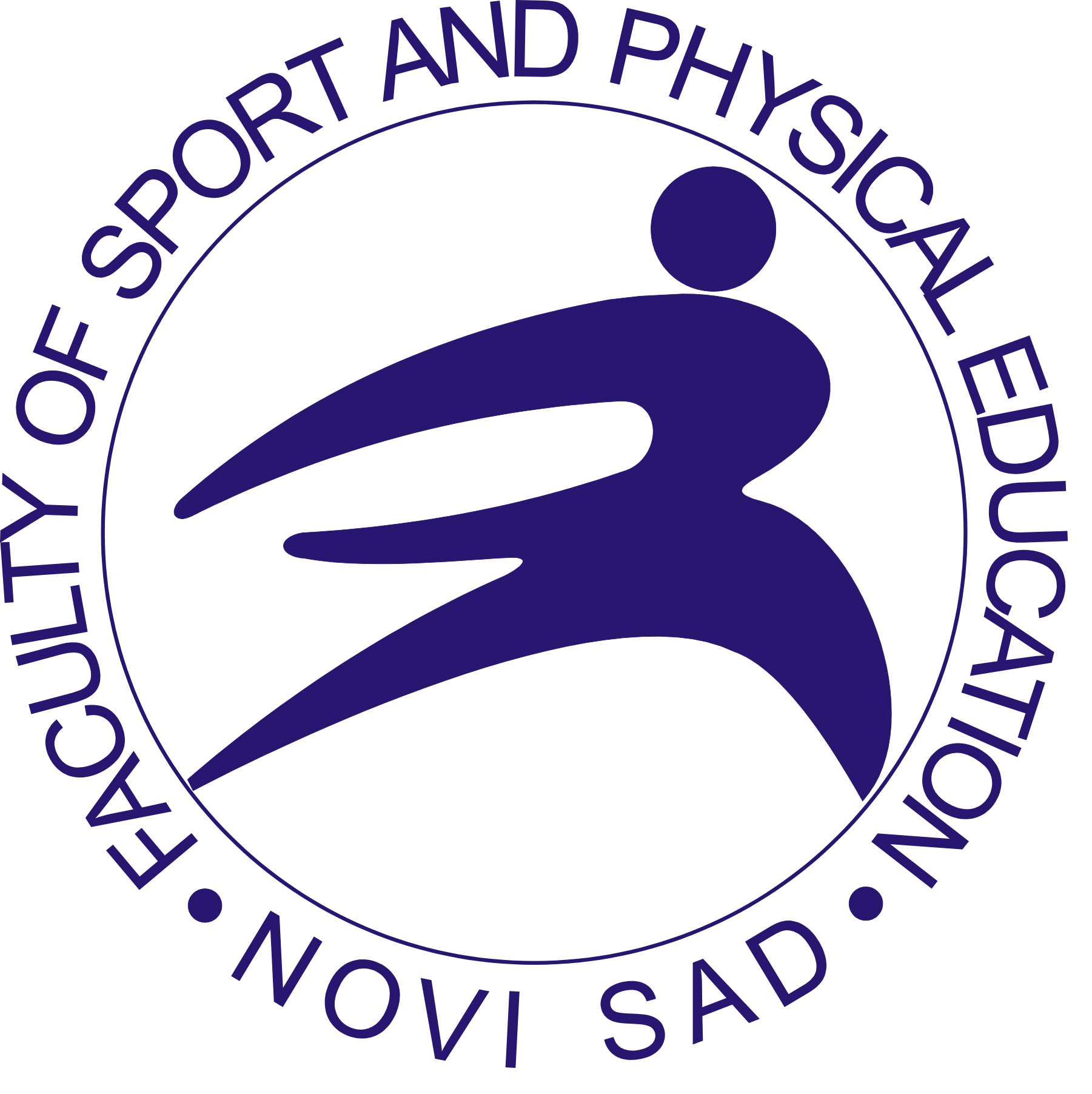Current issue

Volume 18, Issue 1, 2026
Online ISSN: 2406-1379
ISSN: 1821-3480
Volume 18 , Issue 1, (2026)
Published: 17.12.2025.
Open Access
Online First is a feature that enables the publication of final revised articles online before their inclusion in a printed issue. This accelerates the dissemination of research findings and ensures that your authors' work reaches the audience promptly.
Articles published through Online First are assigned a DOI upon their online posting. They should be cited as follows:
Author(s). Title of the article. Exercise and Quality of Life. Advance online publication. DOI:10.31382/xxxx
After assignment to a final issue, citations can include the volume and page numbers in addition to the DOI.
Once articles are allocated to a specific issue, their hosting transitions from the Online First page to the main journal archive. The DOI ensures persistent accessibility.
Citations to Online First articles are counted toward the journal's Impact Factor if other indexing criteria are met. This promotes earlier engagement with the published work.
Online First articles are considered final but not definitive until assigned to a specific issue. Errors identified in the online version can be corrected before the final issue publication.
All issues
Contents
15.06.0201.
Original scientific paper
Influence of maternal level of education and socioeconomic status on maternal knowledge of nutrition, physical activity and children’s bodyweight of Nigerian school pupils
This study investigated the influence of maternal level of education and socioeconomic status on maternal knowledge of nutrition, physical activity, and children’s body weight of Nigerian school pupils. A total of four hundred and twelve (412) primary school pupils participated in this study. A structured questionnaire was used to assess the maternal level of education, material’s knowledge of nutrition, and physical activities. Body height and body weight were measured with a wall-mounted stadiometer in meters and a bathroom weighing scale in kg, respectively. The children’s body weight was determined using the formula weight (kg)/height (m2). The children were then categorized into different classes of body mass index based on the recommendation of Centers for Diseases Control and Prevention (2015), which is age and sex-specific for children and teens from two years old through 20 years. The differences in maternal educational qualification and children’s bodyweights were analyzed using the independent sample t-test. However, the influence of maternal SES on maternal knowledge of nutrition, physical activities, and children’s body weights were analyzed using ANOVA. Statistical significance was accepted for a p-value of <0.05. The outcome of this study showed that the educational qualification of mothers had a significant (p<0.05) influence on children’s bodyweights. It was also observed from this study that the maternal SES significantly (p<0.05) influenced maternal nutritional knowledge, maternal knowledge of physical activities, and children’s bodyweights. This study therefore concluded that the maternal level of education and SES do influence maternal knowledge of nutrition and physical activity as well as children’s bodyweights.
Adebisi I. Hammed, Suleiman O. Usman, Onyemechi Ezekiel, Joy C. Duru, Oluwaseun J. Oladimeji, Ogolo Jirho
16.12.2020.
Original scientific paper
Psychosocial parameters as determinants of return to work among stroke survivors
This study investigated the psychosocial parameters as determinants of return to work among stroke survivors. This study involved 49 stroke survivors. Hospital Anxiety and Depression Scale (HADS) was used to determine the levels of anxiety and depression of the subjects. Equally, Health-Related Quality of Life (HRQOL) of the subjects was measured with the Stroke Specific Quality of Life (SS-QOL) scale. Also, a self-structured questionnaire was used to determine return to work of the subjects. The difference between stroke survivors that returned to work and those that did not return to work was established using Pearson’s chi-squared test. Also, Independent sample t-test was used to test for significance. Statistical significance was accepted for a p-value of <0.05. The outcome of this study showed a significant (p<0.05) difference in the depression of stroke survivors that returned to work and those that did not return to work. Also, significant (p<0.05) differences exist in the anxiety and quality of life of stroke survivors that returned to work and those that did not return to work. Likewise, age was found to have a significant influence on return-to-work status (p<0.05). Besides, gender, occupation and duration of physiotherapy had no significant (p > 0.05) influence on return-to-work status of stroke survivors. This study, therefore concluded that the level of depression, anxiety, and quality of life can substantially have an influence on return to work or otherwise among stroke survivors. Therefore, health professionals should develop and incorporate strategies to enhance the quality of life, prevent depression and anxiety in the management of stroke survivors.
Pascal Chidera Uzoh, Adebisi I. Hammed, Ezekiel Onyemechi, Chigozie O. Obaseki, Susan O. Kubeyinje























